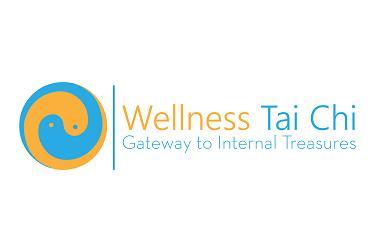
Wellness, Biotechnology, Ener-chi
Tai chi Intensive course for advanced studentsSylabus Shorter courses of 3 days or 5 days are also options. Include Theories, Principles and Forms. Tai chi, chi kung, stillness, meditation, Self defense, Brain- body pathways development. This is a journey of developing internal energies. Art of condensing your big circles into small. This level is to gain more knowledge, understanding and expertise into the domain of mental focus, contemplation and inner work, in contrast to external form. This next course of learning is to focus to awaken to your internal self and internal body movement. To achieve this, the student will also be taught to access this via two routes his solo practice and the partner practice. Solo practices on forms will only take you so far; you need the internal guide. And to progress even further the student has to have partner practices. What some experienced Tai chi practitioners say about the Tai chi Intensive coaching: Suggested Curriculum
Please Contact us
|
||